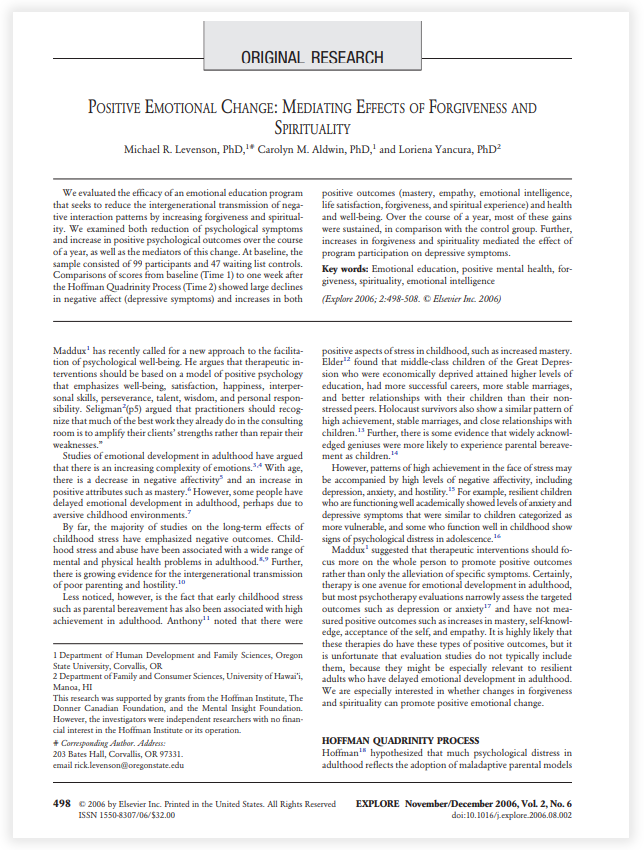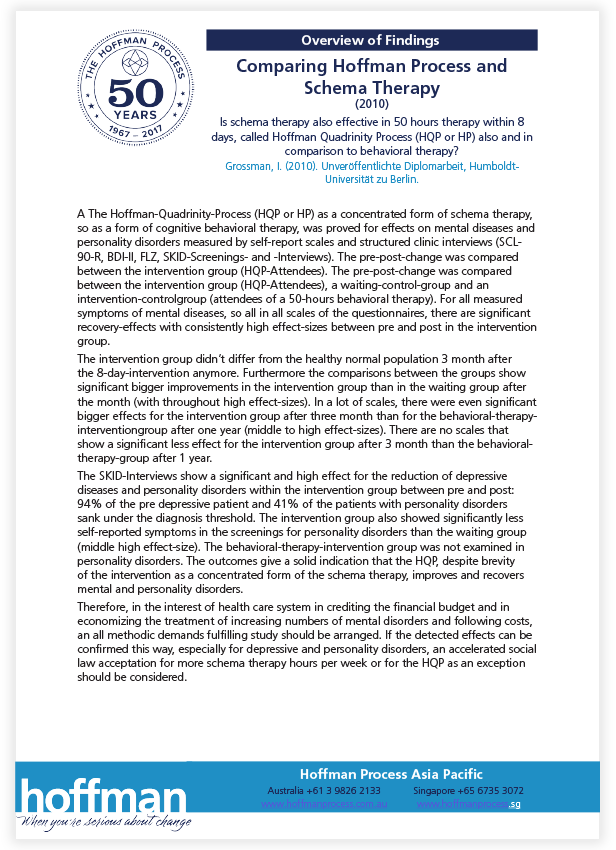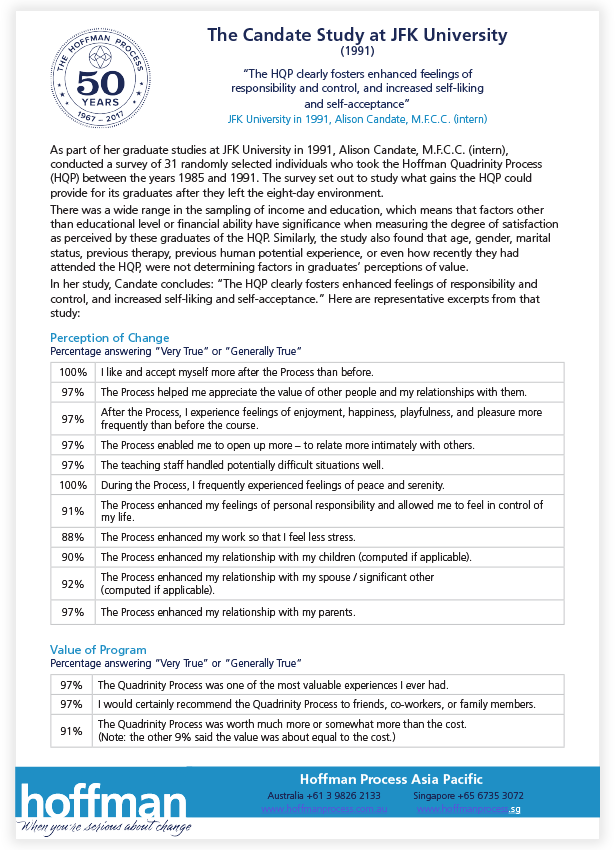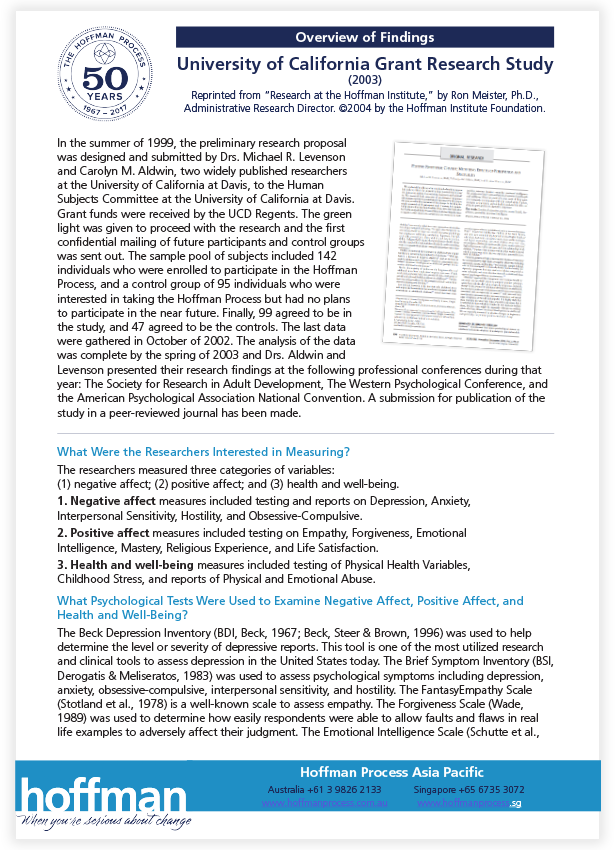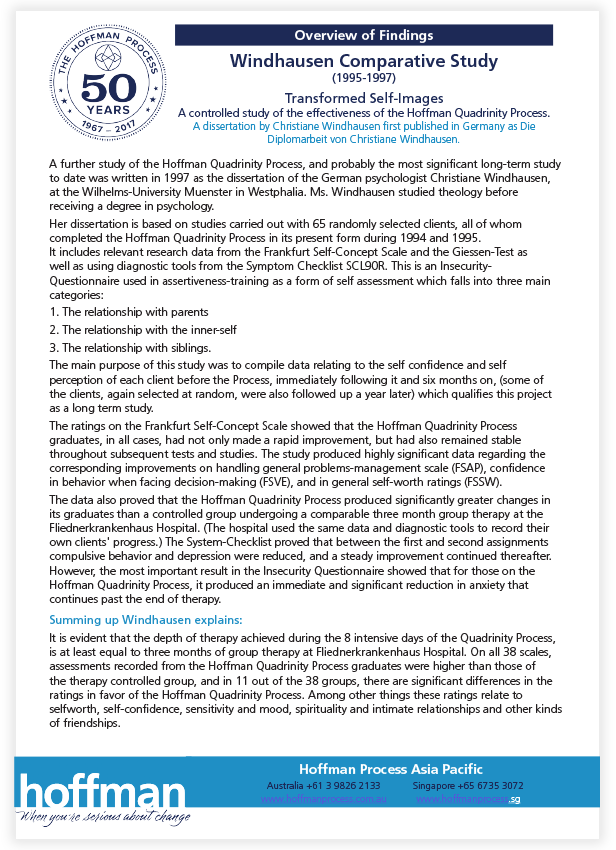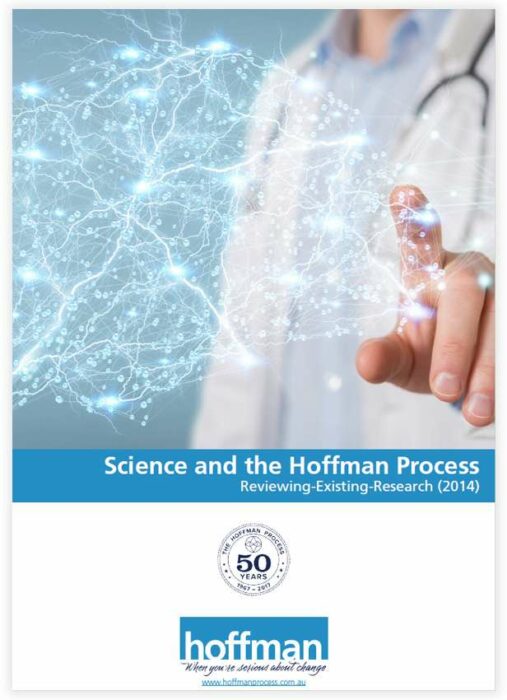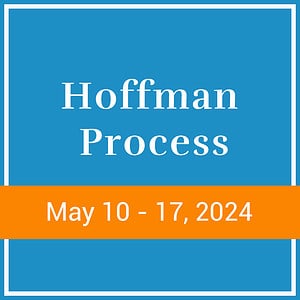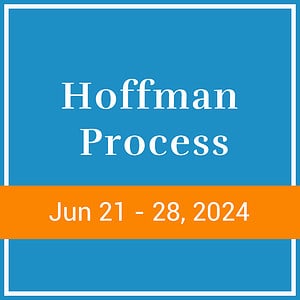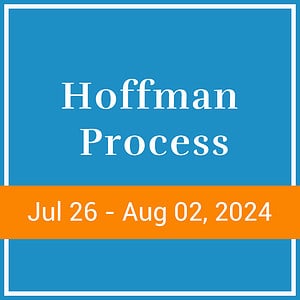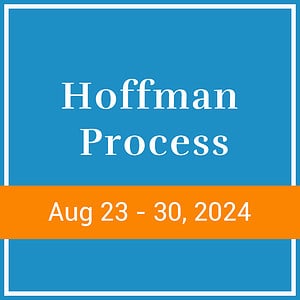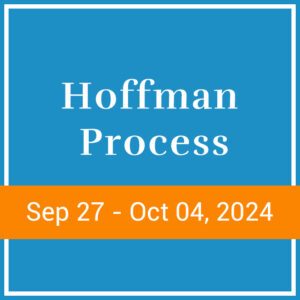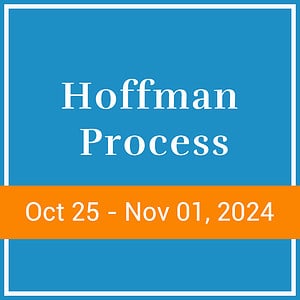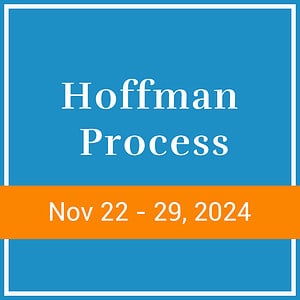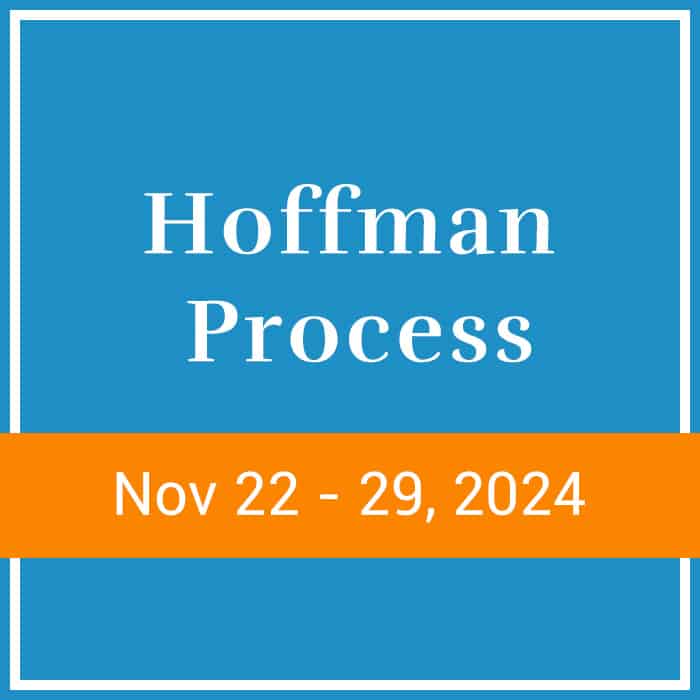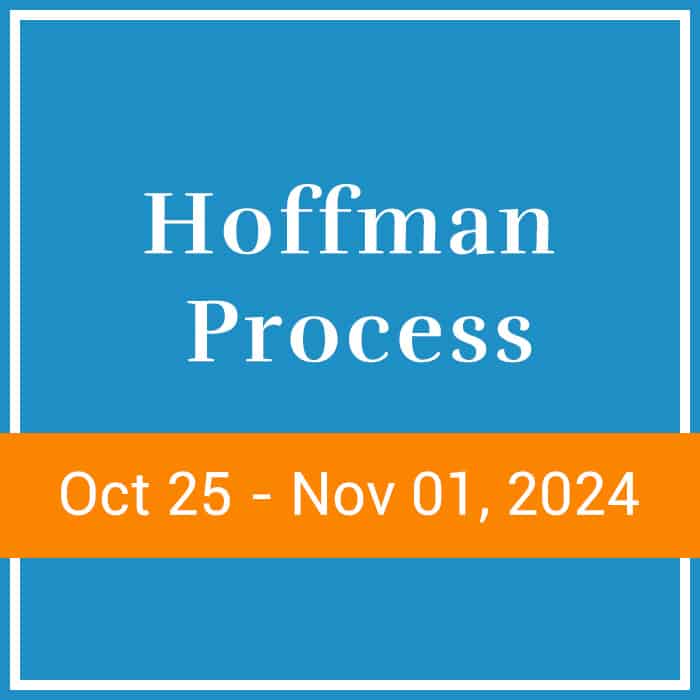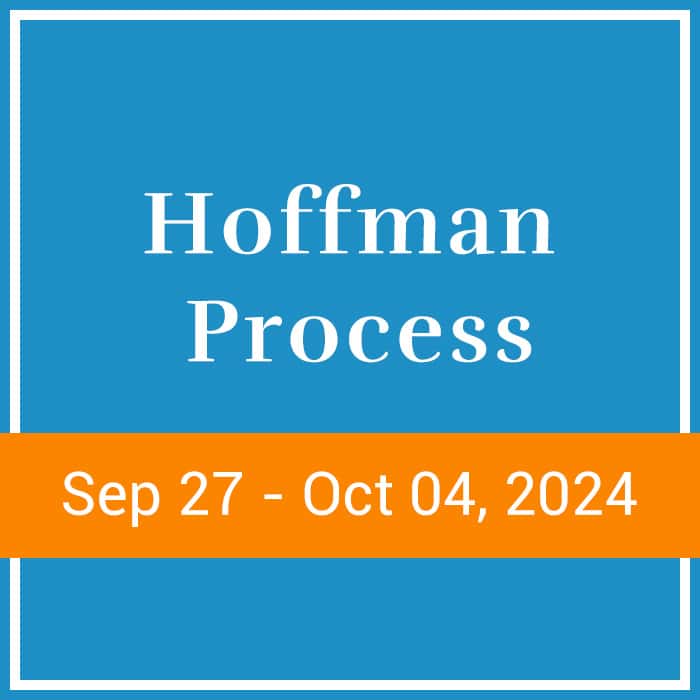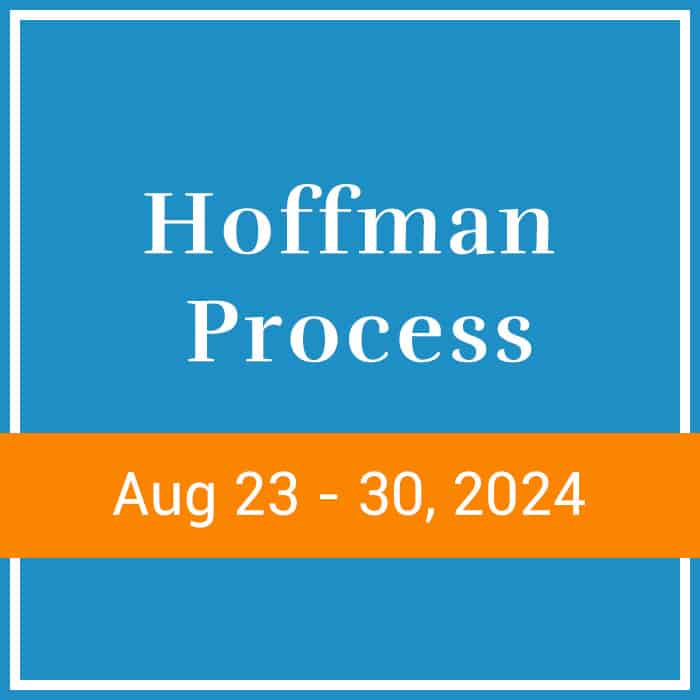The Hoffman Process Anxiety Retreat is highly effective in the treatment of Anxiety
In recent years there has been a marked increase in the number of people suffering from anxiety and depression. The Hoffman Process addresses the causes of anxiety, not just the symptoms.
People suffering from anxiety are usually experiencing a high degree of adrenalin in their system, resulting in muscle tension, nervousness and a subconscious need to avoid any triggers that might further induce their state of anxiety.
Anxiety is linked to fear. Fear however is a useful emotion as it indicates to us that we do not possess the ability to deal with a particular challenge and that we are in need of support.
Anxiety can become ‘free floating’ or ‘all pervading’, no longer triggered by particular issues and thus preventing us from being able to take control of our life.
Anxiety is very much linked to the repression of certain feeling states. For some it can be linked to repressed anger (if I express my frustration and anger, I will get into trouble). For others it might be the repression of grief and sadness (if I show my vulnerability, I will be unacceptable).
The Hoffman Process works experientially on resolving the underlying emotional issues of anxiety and provides understanding and corrective experiences.
As participants become more grounded in their authentic loving Self, they can manage their anxiety triggers from a state of mindful self- compassion and start to engage more fully in their lives.
Independent Scientific Research shows that The Hoffman Process is the Most Effective Therapy for Anxiety
The HP not only produces significant lasting reductions in negative affect i.e. depression, anxiety, hostility, interpersonal over-sensitivity and obsessive-compulsive symptoms but also engenders significant, lasting, increases in positive affect i.e. emotional intelligence, spirituality, mindfulness, forgiveness and empathy, along with increases in physical energy and vitality.
These changes were demonstrated in a University of California’s Study (Levenson et al., 2006). This rigorous study, with a one-year follow-up, showed that most of the gains that participants made during the Process were sustained over the next year, in comparison with the control group. Depression practically disappeared a week after the HP and remained low after a year, with only a 17% relapse rate, while, for example, CBT (Cognitive Behavior Therapy) has shown a relapse rate of 30.8% and antidepressant medication alone 76.2% after one year (Hollon et al., 2005). These outstanding effects on depression were mediated by increases in forgiveness and spirituality. Learn more about the Science underpinning the Hoffman Process.
This is the only personal development retreat in the world to be independently backed by research. Learn what the Hoffman Process is, who takes it, how it works and how it can help people becomes their best selves regardless of their history.
Volker Krohn
Director of Hoffman Institute International and Hoffman Centre Australia/ Singapore
Benefits of Retreats for Anxiety
Whether you’ve gone on a retreat for anxiety before or this is your first time considering this type of event, there are countless benefits of committing yourself to actively participating in this kind of getaway. Some examples include:
- Learn valuable coping tools: When you’re suffering from depression or anxiety, it can feel as though every aspect of your life is out of control. During your retreat, you will learn to cope methods, including yoga or meditation, that can help you focus on the moment and work through your negative emotions.
- Meet new people: Understandably, you may feel uncomfortable interacting with new people when you struggle with anxiety or depression. A retreat provides you with a neutral setting, so you don’t need to feel nervous or overwhelmed when you share your thoughts and feelings with others.
- Develop a better understanding regarding the source of your depression: Some people don’t know what triggered their addiction in the first place. As a result, they don’t know where to start when working through the emotions associated with the condition. Our experienced team can help you take the initial steps you need to try to understand what may have triggered your depression and anxiety so that you can better address the results of your diagnosis.
We could go on and on about the advantages of attending one of our retreats. The best way to understand the positive impact that a getaway like this could have on your life is by committing to attend one.
What Our Graduates Say
Over the past 50+ years, thousands of people from all walks of life have benefited from the Hoffman Process. We receive ongoing referrals from therapists, counsellors, and other healthcare professionals.



What's Provided in the Process?
Over the course of 7 days, participants engage in a variety of scientifically-backed modalities including experiential psychotherapy, family constellation, bioenergetics, Gestalt, and more, resulting in accelerated personal growth and fulfillment.
- 7 nights accommodation in Byron Bay
- All daily meals of delicious healthy food
- One experienced, qualified facilitator per 8 participants
- 44 page questionnaire and comprehensive assessment
- 28 page Process Introduction booklet
- 175 page Course Workbook
- 4 Follow-up support sessions tailored to your group
- Over 30 practical and powerful techniques
- Audio download Kit
Who attends the Hoffman Process?
People come with a strong desire to make lasting positive changes and to accelerate their personal growth and development. 90% of participants are between the ages of 30 and 60. Many are executives or professionals, their spouses and other adult family members and friends. Since 1967, more than 150,000 people worldwide have used the Process to achieve greater balance, inner peace, vitality and overall well-being.
Over the years, hundreds of psychotherapists have participated in the Hoffman Process and experienced the Process as a safe place to do their own work and to create lasting changes. Subsequently, they have referred many of their clients as a powerful addition to individual therapy.
Why do people come to the Process?
People come to the Hoffman Process to improve the quality of their lives and to create lasting positive change.
There are many reasons why people choose to do the Process. These include, but are not limited to issues with intimacy, relationship, family, career, creativity, and personal power; enthusiasm, energy and depression; spirituality, the meaning of life, connection and belonging;, compulsive or addictive behaviours, and unwanted personal limitations including stress and anxiety.
We see people who have achieved material success but cannot freely give and receive love. They feel something is missing. Others are in a life transition, perhaps feeling a loss of meaning in their relationships or careers, a sense of being uninspired with their world
We also work with adults who grew up in difficult or even abusive families, Some, needing a breakthrough, are referred by therapists. We see religious and spiritual practitioners as well as students of the human potential movement who know that something is still missing. And we work with parents who see themselves passing their pain onto their children.
What are the indicators for taking the Hoffman Process?
Here is a list of statements that you can review to see if the Hoffman Process is for you.
- I feel that something is holding me back and want to take the limits off.
- I experience too much stress, and I’m not having enough fun.
- I know what I should do, but often can’t generate the will to do it.
- I often feel angry, resentful, embarrassed or depressed.
- I flip flop between dominating and intimidating people below me and avoid being dominated by people above me.
- I feel intimidated, coerced, and manipulated and can’t stand up for myself.
- I work compulsively, often to the detriment of other aspects of my life.
- Meaning is going out of my marriage, my career, or life in general. I often feel I’m just going through the motions.
- There’s a lack of intimacy in my life — I’ve been unsuccessful in creating relationships.
- I’m in recovery from substance abuse (clean and sober for 90 days minimum) and want to deal with the original pain that led to addiction.
- I recognize that my parents were not as loving and supportive as I wanted them to be, or that bad things happened in my childhood.
- I see myself passing my own suffering on to my children.
If one or more of these statements apply to you, we recommend that you consider taking the Process. Contact us to discuss how the Process can assist you to resolve the patterns that let to these experiences.
What are some possible outcomes of the Hoffman Process?
Through the Hoffman Process, you will come to know yourself emotionally, spiritually, and intellectually as never before. The Process offers deep and rapid resolution of emotional issues and enables you to come to terms with life as it is. You can recover the love, happiness, ease of self-expression, and emotional intelligence that are your birthright, and emerge as a renewed powerful and mature adult. It induces a renewed sense of leadership in a person’s life.
How long does it take?
The Hoffman Process is a comprehensive 3-month personal development program, the foundation of which is a 7 day intensive residential retreat. We recommend that you spend the two days following the 7 day program as time for personal reflection and integration. On that weekend the whole group reconvenes for a 2 hours tutorial about how to apply the tools of the Process in daily life. Our experience is that participants notice positive results immediately. Of course, there is also a period of adjustment in the days and weeks following the Process while you integrate insights and knowledge into your daily life. For the first 3 weeks after the Process, the facilitators track the integration process weekly via phone calls.
Who presents the Hoffman Process?
All our Hoffman teachers have completed very rigorous training in the methodology of the Hoffman Process. They are highly trained therapists and mature professionals grounded in various disciplines. Our teachers provide instruction and personalized individual guidance to ensure that each student progresses successfully through the Process and learns tools for ongoing development.
How large is the group? Will I get individual attention?
Typical Process size ranges from 20 to 23 participants with one certified Hoffman Process teacher for every six to eight students.
Sangurya Retreat Centre in Byron Bay
Accommodation for the Process
The Hoffman Process runs from 9am Saturday morning and concludes at 1:30pm on Friday afternoon. There is a tutorial the day after the Process ends on Saturday from 10am – 12:30pm in Byron Bay town centre.
- 7 nights accommodation at Sangurya Retreat Centre in Byron Bay (Friday to Thursday night inclusive).
- Accommodation commences on Friday from 2pm and includes dinner
- Rooms are on a shared basis with participants of the same gender. Private rooms can be arranged subject to availability. Please contact our administration team for more information.
- All daily meals of delicious healthy food are included
Process Dates in Australia
Tuition Support Available
What is Anxiety?
Anxiety is a state of apprehension, tension or uneasiness from the anticipation of danger and failure. It is differentiated from fear in that fear is seen as an emotional response to a consciously recognized and usually external threat or danger, whereas the symptoms of anxiety are primarily of an intra-psychic origin. Anxiety is something we anticipate in response to an unknown or unrecognized threat and generally involves disturbing feelings of tension, distress and nervousness. Anxiety, just like depression ranges from the mild to the acute but is debilitating along the whole spectrum.
Often, symptoms of anxiety can occur even when there isn’t a clear sense of imminent threat because anxiety often stems from a fear of fear itself or of some past trauma or experience that overwhelmed or had serious consequences for us at the time. Dr. Claudio Naranjo likens anxiety to a “frozen fear or a frozen alarm before danger that has ceased to threaten (though it continues to be imagined)”.


Social Anxiety
Social anxiety can be activated by any social situation (agoraphobia) because people fear that they will be judged or criticized or otherwise threatened by other people. There is often doubt in the anxiety sufferer as to whether they have the competency to deal with certain situations.
“They perceive that ‘the control of life and things’ is located outside themselves.” (B. Chestnut)
Specific anxiety disorders such as panic disorder, phobias, post-traumatic stress or acute stress disorder, obsessive compulsive and substance induced disorder, as well as generalized anxiety disorder, have some physical symptoms in common such as a pounding heart, sweating, trembling, shaking and having difficulty breathing. However, the sources of anxiety, just as with depression, have their roots in our ‘family of origin’ and this is where anxiety sufferers need to inquire and seek understanding in order to find relief and resolution.
Hoffman Process Director discusses social anxiety in this webinar https://www.youtube.com/watch?v=sZn0YbpUNXo
Book a Free Consultation
Take advantage of our free consultation and speak with one of our consultants.
Free Self Assessment
Find out in 5 minutes if the Hoffman Process is right for you.

